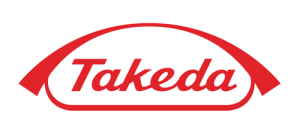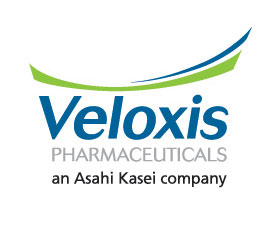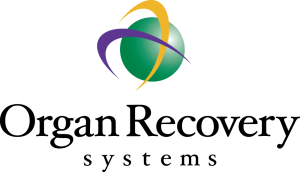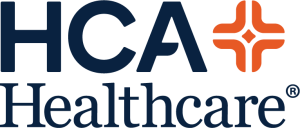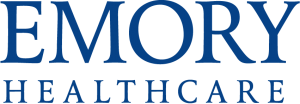You need data you can count on. We can help.
UNOS Research Consulting helps medical device companies, pharmaceutical companies and more find the right data for their needs. Whether you’re looking to find actionable data on your lifesaving device or searching for insights on your product’s long-term outcomes, the UNOS Research Consulting team can find a bespoke solution for you.
How we do it
Our world-class biostatisticians, software engineers, research scientists and data analysts are dedicated to transforming healthcare.
We quickly, efficiently and accurately capture and process data to better understand your product’s long-term outcomes and ensure compliance with federal regulations. You’ll see data trends in real time.
UNOS Research Consulting knows the transplant data landscape better than anyone. We use that knowledge to:
- Create and maintain a data capture management platform
- Report and analyze collected data
- Ensure compliance using a validated, effective and easy-to-use platform for data collection
- Understand your data holistically
- Get reliable, usable data with an intuitive user interface, reducing data entry error and the need for site and investigator training
- Provide real time reports, allowing you to see live data trends
- Run multicenter studies using remote data monitoring
- Launch your study in six to eight weeks
Domestic and international consulting
With over 35 years of experience running the nation’s transplant system, UNOS can leverage our team of experts to ensure that patients worldwide have access to high-quality transplant systems. Our International Consulting Service partnerships assist countries across the world with establishing standards, policies and monitoring and compliance frameworks for their transplant systems.
What can we create together?
Research consulting services
World-class researchers and insights
UNOS experts, like Principal Biostatistician Wida Cherikh, can develop customized registries and clinical databases for performance improvement or survey registries for submitting patient data.


